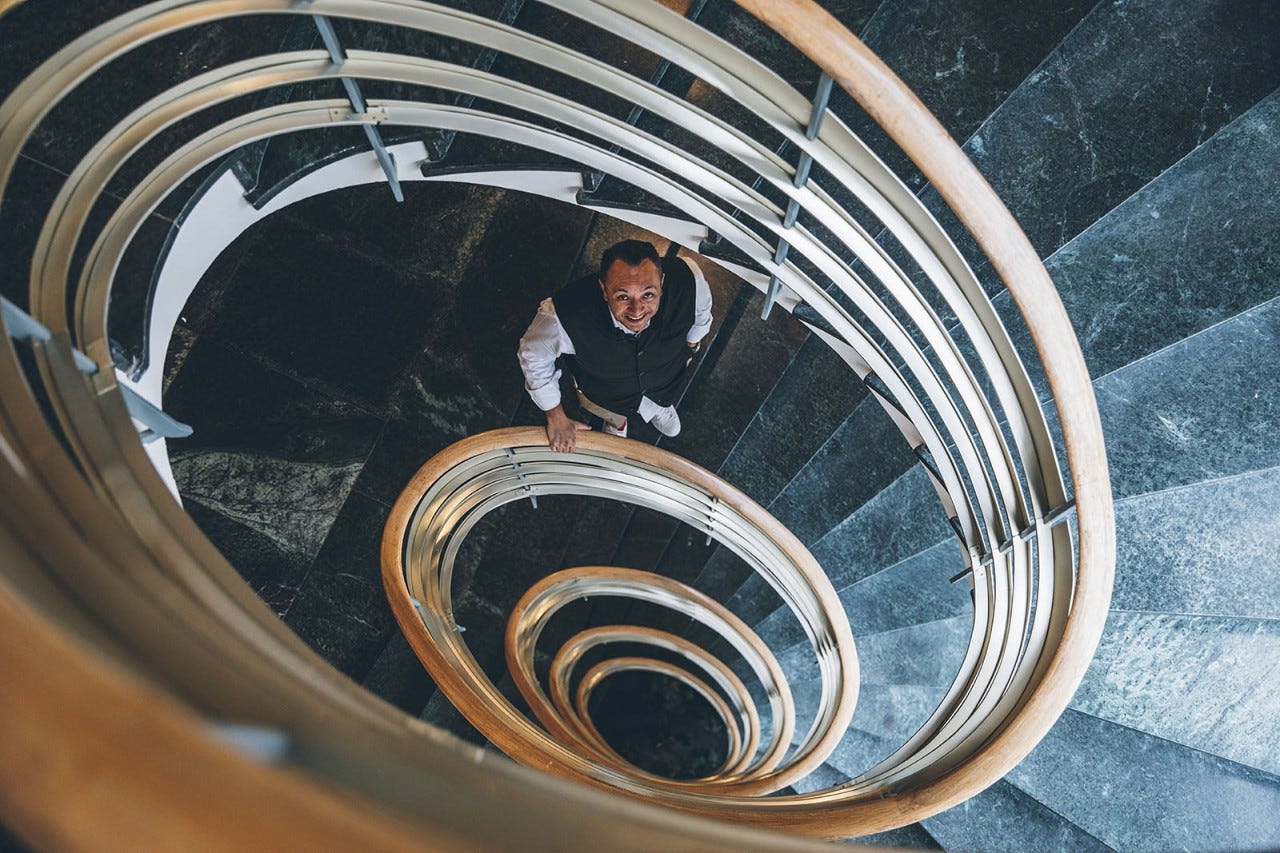Always putting things off?
Do you let everything build up until you’re in a mad panic and get nothing done, or does waiting until the last minute mean you’re more inspired and tackle the jobs with more gusto?

Procrastination – constantly putting off or delaying tasks until the last minute. At worst, you put things off until you don’t get the task done on time or only under great stress. Occupational psychologist Petra Schmid often observes this phenomenon in people who work independently and have to make sure they complete their to-do lists themselves. “Students and journalists, for example, often suffer from this problem,” says Schmid.
The pros of procrastination
Active procrastination can actually be a good thing, for example if you know you work well under pressure. “You are forced to work efficiently, and delaying tasks can be a form of preparation. Everything done in the run-up to the completion of the task flows into the process, which means you may approach the matter in a more creative and inspired way,” says Schmid.
Career and talent consultant Susanne Pladeck also sees positive sides to procrastination: “Active procrastination, for example sleeping on important decisions, can be useful. Because that gives you time to rethink your priorities and listen to yourself."
Paralysing cycle: the disadvantages of procrastination
However, passive procrastination can be dangerous if you put tasks off because you can’t help it. “This leads to a vicious circle of pressure, a guilty conscience and stress. Ultimately, this can even lead to depression,” says Schmid. With most people it doesn’t usually get this far, but it is proven that passive procrastination can reduce performance and is more likely to cause disagreements within a team. If other people are dependent on jobs being completed on time, procrastination can be very unpleasant for everyone in the long run.
However, active procrastination should also be used sparingly: “For example, if you always study for exams at the last minute, it’s likely that you’ll forget everything you’ve learned just as quickly.”
Emotional procrastination
Susanne Pladeck sees another side to procrastination: “Putting off important career or life decisions, avoiding clarifying conversations and conflict, or delaying going to a coach or doctor if you feel physically or mentally unwell are also forms of procrastination.” This form of procrastination is almost always unhealthy because it means you’re no longer in control and you risk that the end result will be more unpleasant than it would have been if you’d made a decision, had an important conversation or been to see a professional straight away. In this case, life or another person takes the decision for you.
Pladeck also explains that, by procrastinating, you are likely not only to miss important deadlines, but also all manner of opportunities. “In no time at all, constant procrastination can turn potential successes and happiness into failures and disappointment. This, in turn, sabotages your self-esteem and your confidence in being able to live your life to the full.” As a result, you come under increasing pressure not only from other people, but also yourself. Or you may miss opportunities to realise your full potential.
No one is totally safe from procrastination. We’ve all got things that we prefer to put off. It’s important to think about why and how long it goes on. In this case, talking to a friend or professional can help you get to the bottom of your procrastinating and find strategies to overcome it.
5 tips against procrastination
Either way, if you know you’re a procrastinator, there’s no need to despair. Simple precautions can help you break the cycle:
1. Block space in your calendar to complete the task or make the decision. Define a clear starting point and stick to it.
2. Split the work into manageable chunks – be honest with yourself about how long it will take. Set realistic milestones. Adjust these milestones as necessary. Saying no to procrastination is a dynamic process. It’s about breaking habits, which doesn’t often work straight away.
3. Ask people to check in with you. Whether it’s a friend, colleague, family member or supervisor, getting other people involved makes you accountable and you’re less likely to put things off. Choose someone who is positive and supportive.
4. Create checklists and tick the points off as you do them. This way you can see the progress you make.
5. Be kind to yourself. Be proud when you achieve milestones and don’t be put off by setbacks. Rome wasn't built in a day either.
Petra Schmid works as an occupational psychologist and assistant professor at the Department for Management, Technology and Economics at ETH Zurich. Although she usually tackles her work quickly, in her private life she also puts things off from time to time – for example, buying Christmas and birthday presents.
Susanne Pladeck works as a senior consultant for career and talent management at Talent Solutions, Right Management Zurich and also offers private coaching for people seeking to change careers. She applies procrastination to creative tasks because she works best under pressure in such cases.


